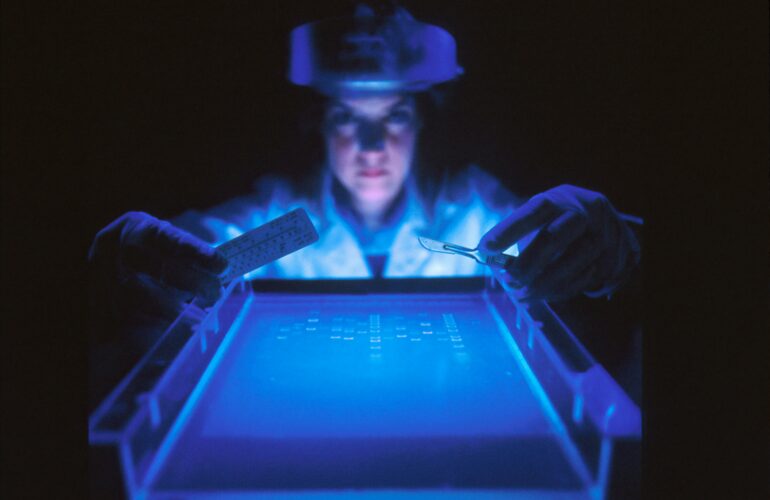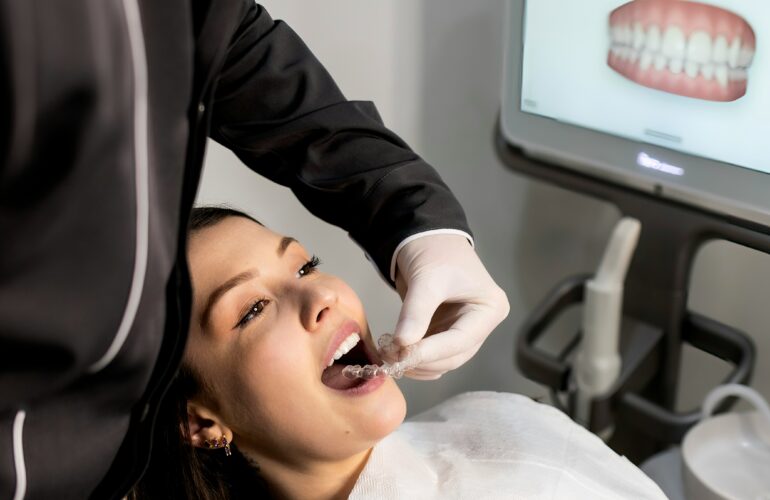Sleep disorders, particularly sleep apnea, are becoming increasingly recognized for their impact on overall health. While sleep specialists often handle these conditions, dentists are playing a crucial role in diagnosing and treating sleep disorders. By integrating dental care with sleep medicine, dentists are helping patients achieve better sleep and improved health. Here’s how.
The Dentist’s Role in Treating Sleep Disorders
Dentists are often the first to notice signs of sleep disorders during routine check-ups. Symptoms such as worn tooth enamel, jaw pain, and enlarged tonsils can indicate underlying sleep issues. Here are some ways dentists help in diagnosing sleep disorders:
- Screening and Questionnaires: Dentists use sleep disorder questionnaires and screening tools to identify patients at risk of sleep apnea and other disorders. These tools include questions about snoring, daytime sleepiness, and overall sleep quality.
- Oral Examinations: During dental exams, dentists check for signs of bruxism, TMJ disorders, and airway obstructions. They look for physical indicators like scalloped tongue, enlarged tonsils, and throat abnormalities.
- Collaboration with Sleep Specialists: Dentists often work with sleep specialists to confirm a diagnosis. They may refer patients for a polysomnography (sleep study) or home sleep apnea testing.
Options Provided by Dentists in Treating Sleep Disorders
Once a sleep disorder is diagnosed, dentists can offer various treatment options, particularly for obstructive sleep apnea and bruxism. Some common treatments include:
- Oral Appliance Therapy (OAT): Dentists can prescribe and fit custom-made oral appliances that help keep the airway open during sleep. These devices, similar to mouthguards, reposition the jaw and tongue to prevent airway obstruction.
- Continuous Positive Airway Pressure (CPAP) Compliance: While CPAP is the standard treatment for sleep apnea, some patients find it uncomfortable. Dentists can assist in improving compliance by providing CPAP alternative therapies or adjunct treatments that make CPAP more tolerable.
- Behavioral and Lifestyle Advice: Dentists can offer advice on managing lifestyle factors that contribute to sleep disorders. This includes weight management, sleep hygiene practices, and positional therapy to reduce snoring and apnea episodes.
- Treatment for Bruxism: For patients with bruxism, dentists can provide night guards to protect teeth from grinding. Additionally, they may recommend stress management techniques or muscle relaxants.
- Surgical Options: In severe cases, dentists trained in dental sleep medicine may collaborate with surgeons to perform procedures like mandibular advancement surgery, which can help to enlarge the airway.
Benefits of Dental Involvement in Sleep Medicine
The involvement of dentists in sleep medicine brings several benefits:
- Early Detection: Dentists can identify early signs of sleep disorders during routine visits, leading to quicker diagnosis and treatment.
- Comprehensive Care: Integrating dental and medical care ensures a holistic approach to treating sleep disorders, addressing both the symptoms and underlying causes.
- Customized Solutions: Dentists can provide tailored treatments that are comfortable and effective, improving patient adherence and outcomes.
Conclusion
Dentists are uniquely positioned to help diagnose and treat sleep disorders, playing a vital role in improving patients’ overall health and quality of life. By leveraging their expertise in oral health and collaborating with sleep specialists, dentists are making significant strides in the management of sleep disorders. As awareness grows, the integration of dental care and sleep medicine will continue to advance, offering patients comprehensive solutions for better sleep and better health.




